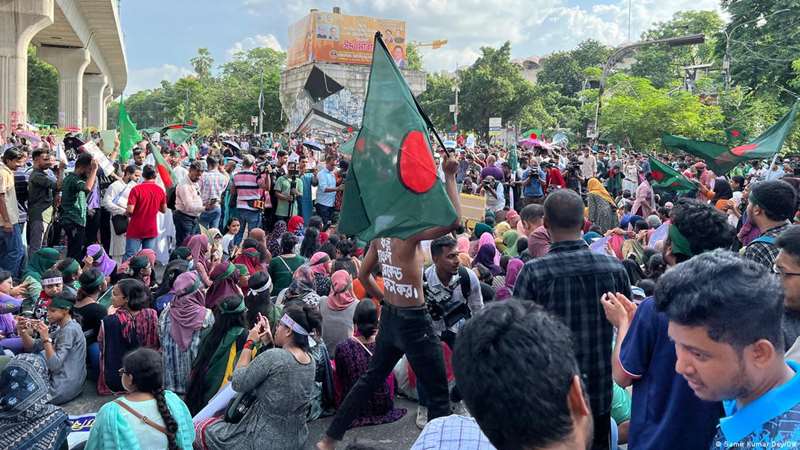Preparation of Bangladesh in war situation in Middle East

Preparation of Bangladesh in war situation in Middle East
The escalating crisis in the Middle East, exacerbated by recent events such as Israel's operation in Gaza and retaliatory actions from Iran, poses significant challenges for Bangladesh. With its heavy dependence on the region for fuel imports and trade, Bangladesh faces potential economic disruptions and security concerns. This report analyzes the possible impacts of the crisis on various sectors of Bangladesh's economy and outlines the preparations being made to mitigate these risks.
Fuel and Energy Sector
Bangladesh relies heavily on the Middle East for fuel oil imports and liquefied natural gas (LNG). The Strait of Hormuz, a critical transit route, poses a vulnerability. Any disruption in fuel supplies could lead to electricity shortages, hampering industrial production and transportation.
Trade and Export Sector
The crisis threatens Bangladesh's import-export trade, particularly in terms of fuel and consumer goods. With potential disruptions in sea routes, exports to Middle Eastern countries and imports of essential commodities may be affected, impacting both revenue and supply chains.
Labor Market and Remittances
A prolonged crisis in the Middle East could lead to a decline in job opportunities for Bangladeshi expatriates, affecting remittance inflows. This could have ripple effects on domestic consumption and investment.
Apparel Sector
Bangladesh's garment exports, a key driver of its economy, face challenges due to potential energy shortages and disruptions in export routes. Increased production costs and longer lead times could dent competitiveness and export volumes.
Preparations and Mitigation Measures
Diversification of Energy Sources
The government is exploring alternative sources for energy imports to reduce reliance on the Middle East. Plans include seeking energy partnerships with other countries and enhancing domestic energy production capabilities.
Diversification of Trade Routes
Efforts are underway to diversify trade routes and explore alternative transportation methods, such as air shipments for export goods. Agreements with neighboring countries like Myanmar and engagement with ASEAN nations aim to secure alternative trade channels.
Strategic Stockpiling
Initiatives are being taken to maintain strategic stockpiles of essential commodities, including fuel, to mitigate supply chain disruptions. However, the capacity for prolonged stockpiling remains a challenge.
Investment in Infrastructure
Investments in infrastructure, such as cargo aircraft for air shipments and improvements in port facilities, are being considered to enhance trade resilience and reduce dependency on vulnerable sea routes.
The escalating crisis in the Middle East poses multifaceted challenges for Bangladesh, ranging from energy security to trade disruptions and labor market concerns. Proactive measures, including diversification of energy sources, trade routes, and strategic stockpiling, are crucial for mitigating these risks and ensuring economic resilience in the face of geopolitical uncertainties. Continued vigilance and adaptive policymaking will be essential as the situation unfolds.









.jpg)
পাঠকের মন্তব্য